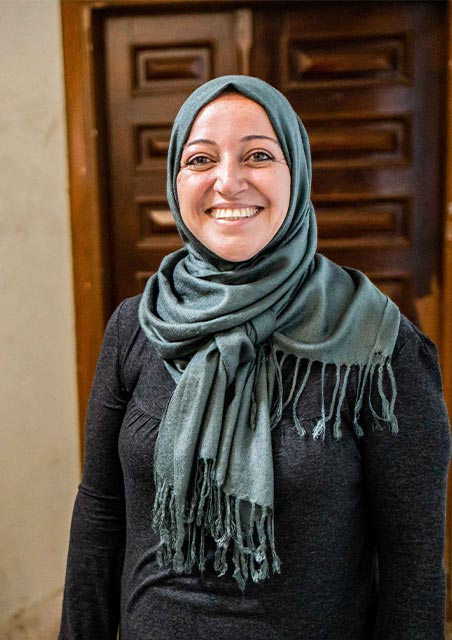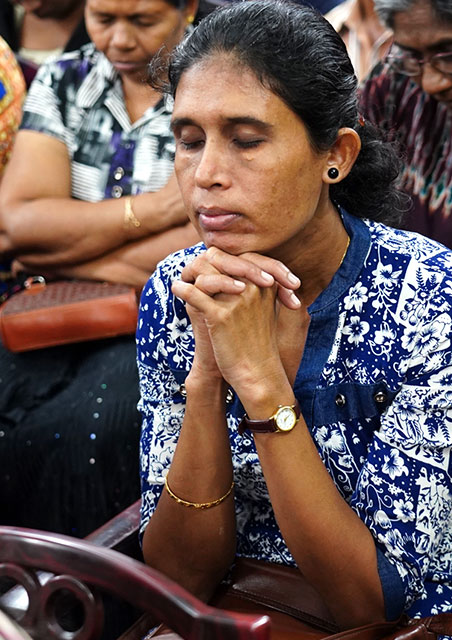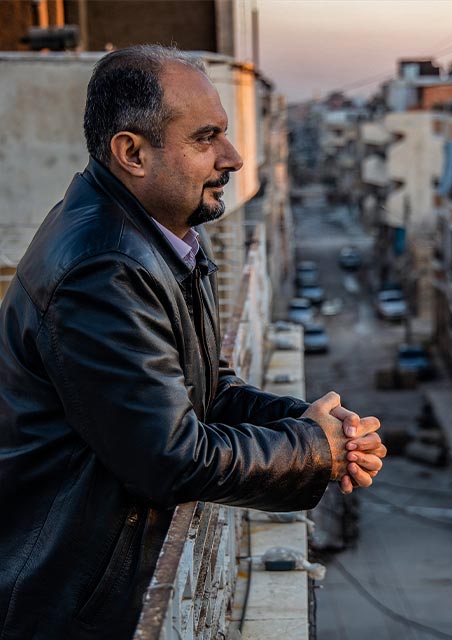The myth and danger of anti-conversion laws in India
Anti-conversion laws are on the rise in India - often used as a weapon to harass and persecute believers from a Hindu background. How are they being abused?
Converting from a Hindu background is difficult for Indian Christians at the best of times. Believers often find themselves ostracised by their family, friends and community, and are at a high risk of persecution. Two things are making it harder than ever: the rise of anti-conversion laws, and the pandemic. Believers who have been rejected by their families are extremely likely to be deliberately overlooked when food and aid are distributed.
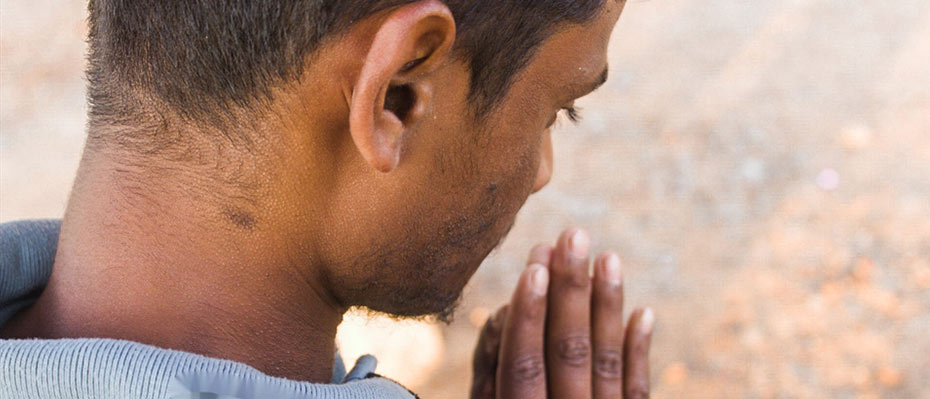
Gagan, India
False accusations
The myth about anti-conversion laws isn’t that they exist: that’s true, and increasingly so. The myth is why. Though India’s Constitution says the country is secular, these laws have been used to restrict the religious freedom of minority faith groups – under the claim that they are to protect Hindus from forced conversion.
India has a Hindu majority (72.5% of the population) and indigenous religious movements such as Buddhism, Jainism and Sikhism have been present for centuries. Since the 1990s, Hindu extremists have gained momentum, putting forward the narrative that Muslims (14.4% of the population) and Christians (4.8%) are not true Indians. Anti-conversion laws are used as a weapon in this fight. While the wording of the law in each state varies, they generally state that ‘no person should convert or attempt to convert, either directly or indirectly, any person from one religion to another by use of force or by allurement or by any fraudulent means’.
They have already been introduced in eight states (Odisha, Madhya Pradesh, Arunachal Pradesh, Chhattisgarh, Gujarat, Himachal Pradesh, Jharkhand and Uttarakhand) and are likely to be introduced in several more – despite there being no data about forced conversions taking place. And of course forced conversions are wrong. But, in practice, these laws are used to attack to make false accusations of coercion against those who have genuinely become Christians from a Hindu background and those who have told them the good news about Jesus.
Gagan’s story
The hostility that is leading to the rise in anti-conversion laws is something 21-year-old Gagan* is very aware of. He’s the only Christian in his family and his community.
“I first heard of the name Jesus Christ from some of my Christian friends while I was living in my school hostel away from my village,” remembers Gagan. “During my final year of high school, I attended a youth camp and there I accepted Jesus Christ and decided to follow Him.”
"To accept Jesus Christ and to follow Him means becoming an outcast from the community." Gagan
Gagan was luckier than many Christians from a Hindu background, because his family didn’t reject him. “Their opposition mellowed when they saw that I had become a better person after accepting Christ,” says Gagan. “My family themselves, however, refused to come along with me in my journey of Christian faith. The reason is: they live in fear of society.”
Gagan understands where they’re coming from. “Their fear is very real for me also, because to accept Jesus Christ and to follow Him means becoming an outcast from the community.
“I fear for the safety of my parents, because their son is following a different faith from them. The general outlook on Christ in my community is that He is a foreign god and everyone who follows Christianity is a traitor to our original religion.”
Open Doors partners in India were able to financially support Gagan in his education, thanks to the gifts and prayers of Open Doors supporters. In his case, his family couldn’t afford it – for other isolated believers, even if their family have the resources, they are denied help.
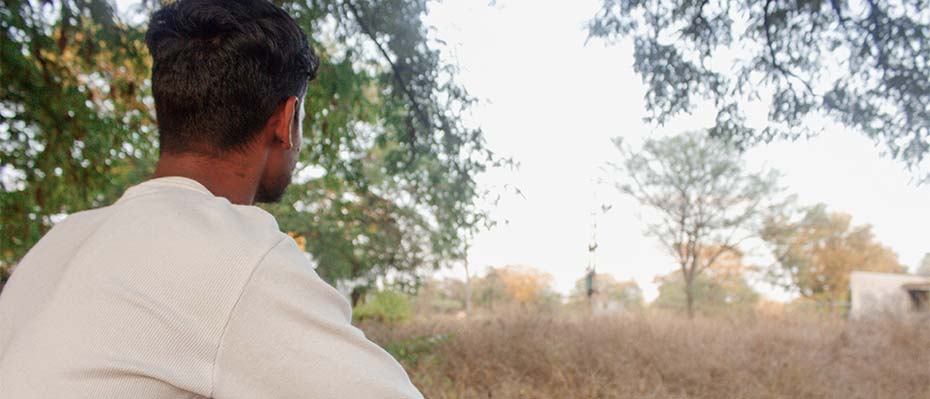
“I’d like to add a word of gratitude and encouragement to the Open Doors supporters,” says Gagan. “Jesus says that there is more rejoicing in heaven over a lost sinner who comes to God – I am one of those who was lost and now am found, because of your support and prayers. Thank you so much. After the completion of my studies I will go back and serve God in my village. This is a great challenge but I believe God will prepare me for it and give me the wisdom on how to do it.”
The last in line need our help
During the ongoing COVID-19 crisis, it’s not just education that solitary believers are often denied: Christians like Gagan are the last in line when COVID-19 official aid is distributed. Without communities willing to help them, isolated Christians urgently need our help.
Open Doors has heard some reports that believers are ‘converting back’ to Hinduism in order to receive aid. You’d think that this sort of coerced conversion would be prosecuted under the anti-conversion laws – but converting people to Hinduism, even by force, fraud or inducement, appears not to be covered by existing anti-conversion laws in different states. Sometimes the law explicitly excludes conversion to Hinduism (‘reconversions to the religions of one’s forefathers’); in other states, police simply ignore it.
At the other extreme, innocent Christian activities are targeted, because the terms of the laws are so ambiguous. This has included singing Christmas carols, private church gatherings and even distributing humanitarian aid. Despite the frequent abuses of the laws, very few convictions have been successfully made under them – possibly none. They are used as a way to hamper religious freedom and harass those who leave Hinduism, rather than to secure convictions. These laws also create a culture of impunity: the eight states with anti-conversion laws account for more incidents of violence against Christians than all the other 21 states combined. Whether these laws are cause or effect, there is certainly a feeling of extreme vulnerability for believers like Gagan in intolerant communities.
*Name changed for security reasons
